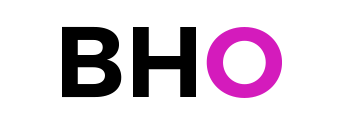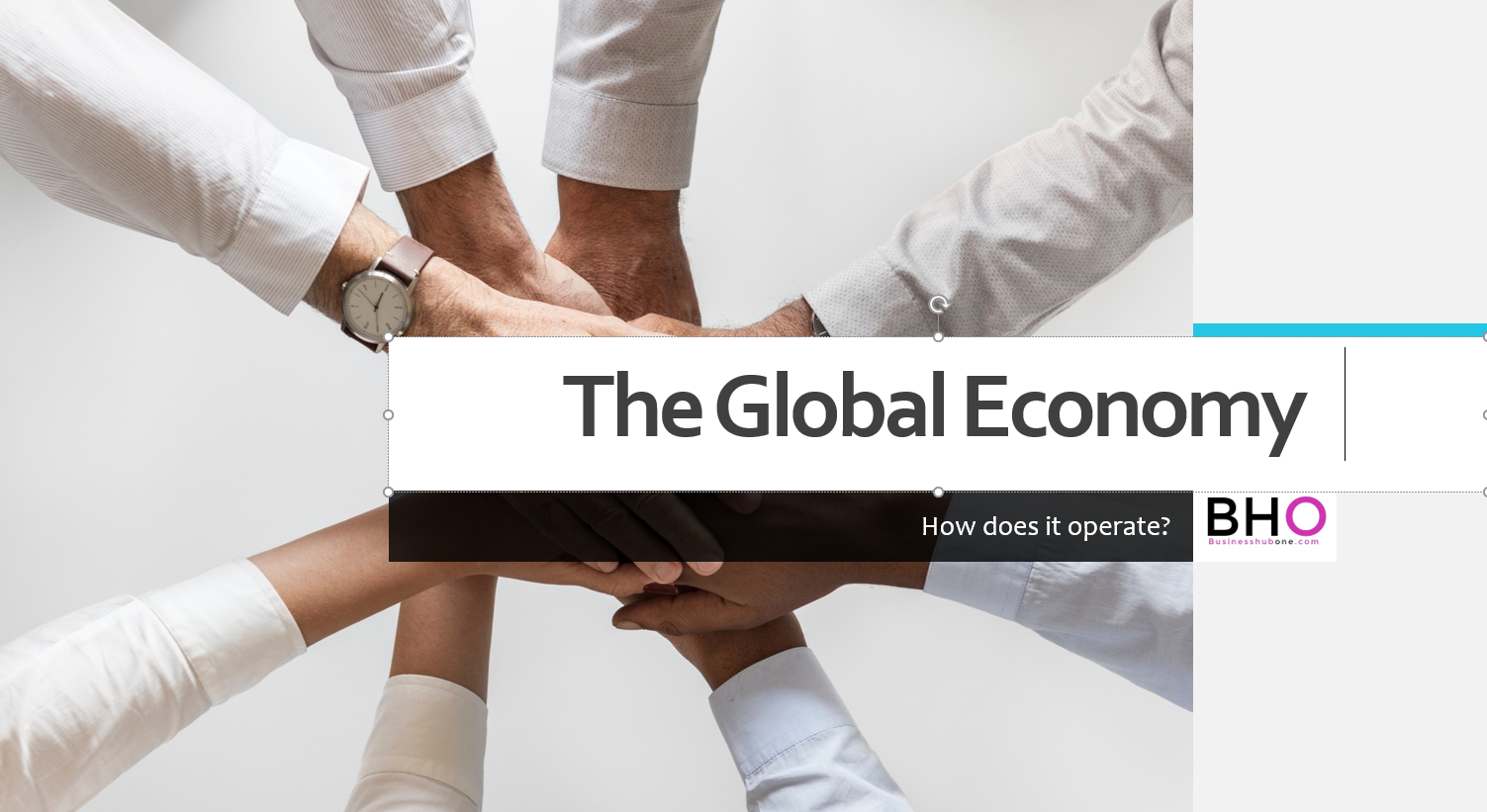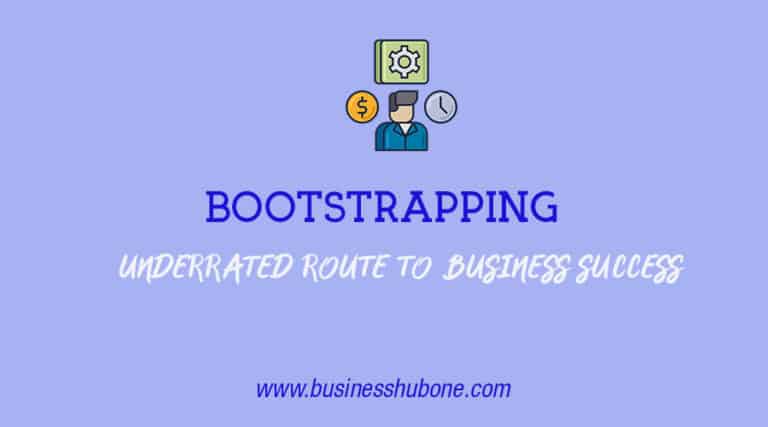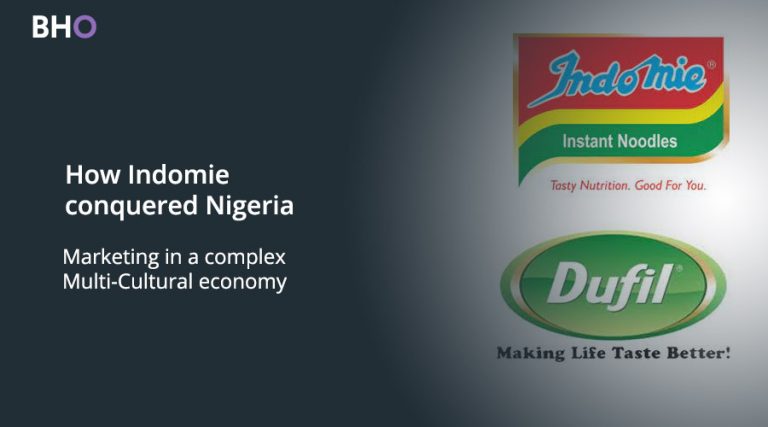How the global economy operates?
The Global economy is an eco-system of economies directly or indirectly affecting each other. It is the dynamics of the international exchange of goods and services that is expressed in monetary units of account (money).
The economy of a country is affected by decisions, agreement and actions taken by the government and individuals of the country.
The elements of an economy include
- Trade
- Investment/finance
- Globalization (information, transportation, immigration etc.)
- Policy and innovation
The health of an economy depends on the right balance between
- Demand
- Supply
These two invariably depend on the elements mentioned earlier.
Characteristics of a developed economy
- High per capita income.
- High standard of living.
- Narrow income inequalities.
- The low growth rate of population.
- Low level of unemployment.
- Extensive Infrastructural capabilities
GDP, Per Capita GDP
Gross Domestic Product (GDP) is the monetary value of all finished goods and services made within a country during a specific period.
Per Capita GDP is the evaluation of the economic output of a country per person. Per Capita GDP is the GDP of a country divided by its population.
Developed economies
A developed economy is a consequence of a developed country with a relatively high level of economic growth and security. The income per capita or Per capita gross domestic product is the standardized measure for the level of industrialization, the standard of living, the amount of technological infrastructure and by extension the level of development of an economy.
Developed economies vs underdeveloped economies
The economy of today is laden with a lot of dependencies. Underdeveloped economies look up to developed institutions or organizations for funding to establish the necessary infrastructure that helps build their economy and create enabling environment to attract more funding.
Trade free zones
Free trade zone, also called the foreign–trade area.
The Free trade zone is an area within which goods landed, handled, manufactured or reconfigured, and reexported without the intervention of the customs authorities.
The existence of a global economy depends heavily on the possibility for countries to be able to trade easily with each other. The reality of the global economy is the bass for Free trade zones.
The increasing bureaucracy in government and international dealings has caused a lot of bottleneck trading across country borders, necessitating the need for
African continental free trade area(AfCFTA)
The AfCFTA aims to establish a single market for goods and services across 54 countries,
This single market will allow the free movement of business travellers and investments and create a continental customs union to streamline trade and invariably attract long-term investment.
The AfCFTA will be the world’s largest free trade area by the number of countries when it is up and running.
International funding – WBG
The World Bank Group is an institution that has been pivotal in providing the required funding to broaden and strengthen the economies of member nations.
The World Bank formerly known as the International Bank for Reconstruction and Development (IBRD) is an investment bank, serving as a bridge between investors and recipients, borrowing from the one and lending to the other.
It is owned by the governments of its 180 member nations with equity shares in the Bank.
The World Bank does not borrow wealthy countries nor private individuals.
The Bank only lends to creditworthy governments of developing nations.
The more impoverished the country, the more favourable the conditions under which it can borrow from the Bank.
Developing countries whose per capita gross national product (GNP) exceeds $1,305 may borrow from the World bank to grow their economies.
Government
Governments do not create economies!
They influence how trade is made between individuals in the country and between other countries.







